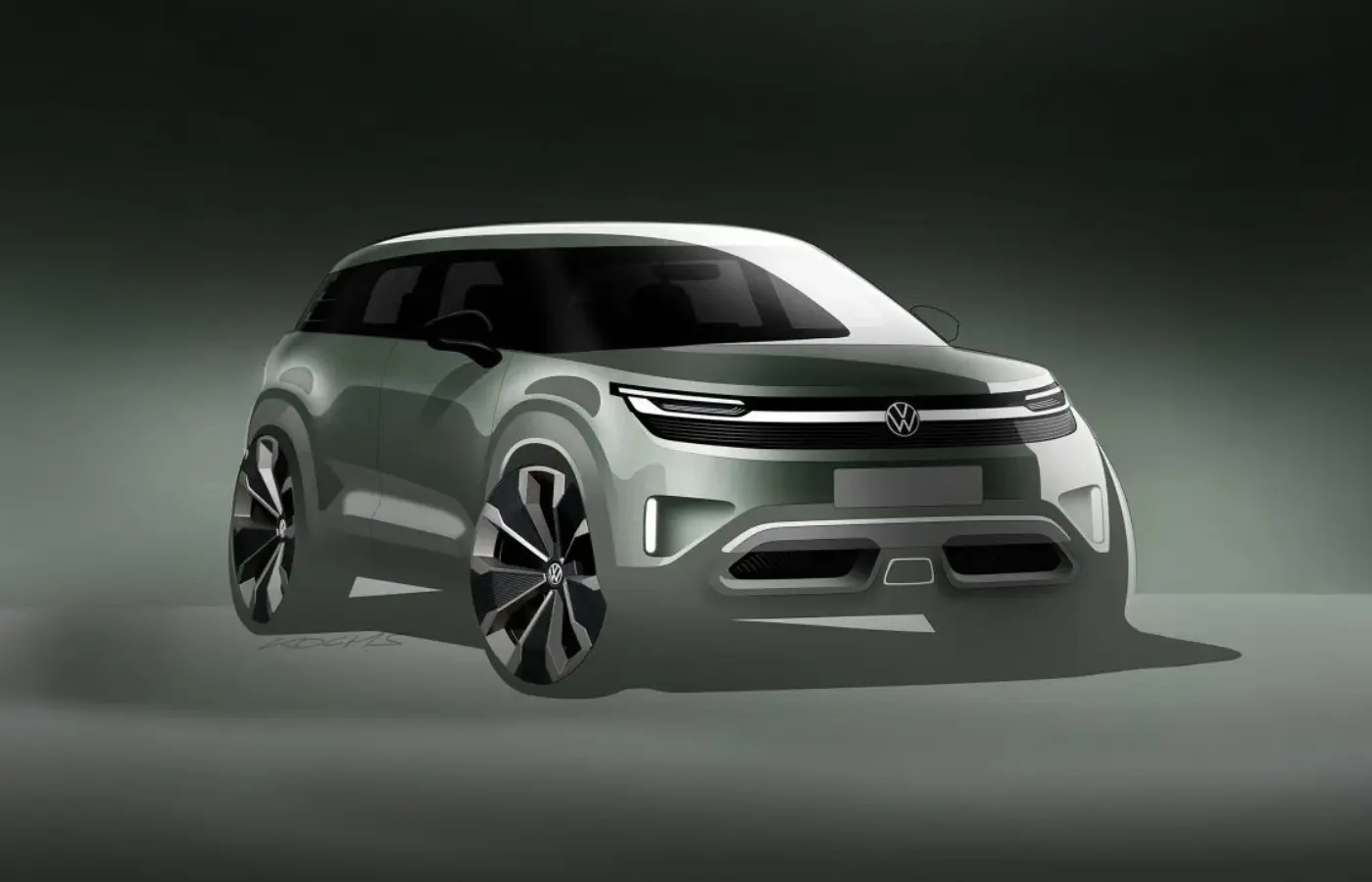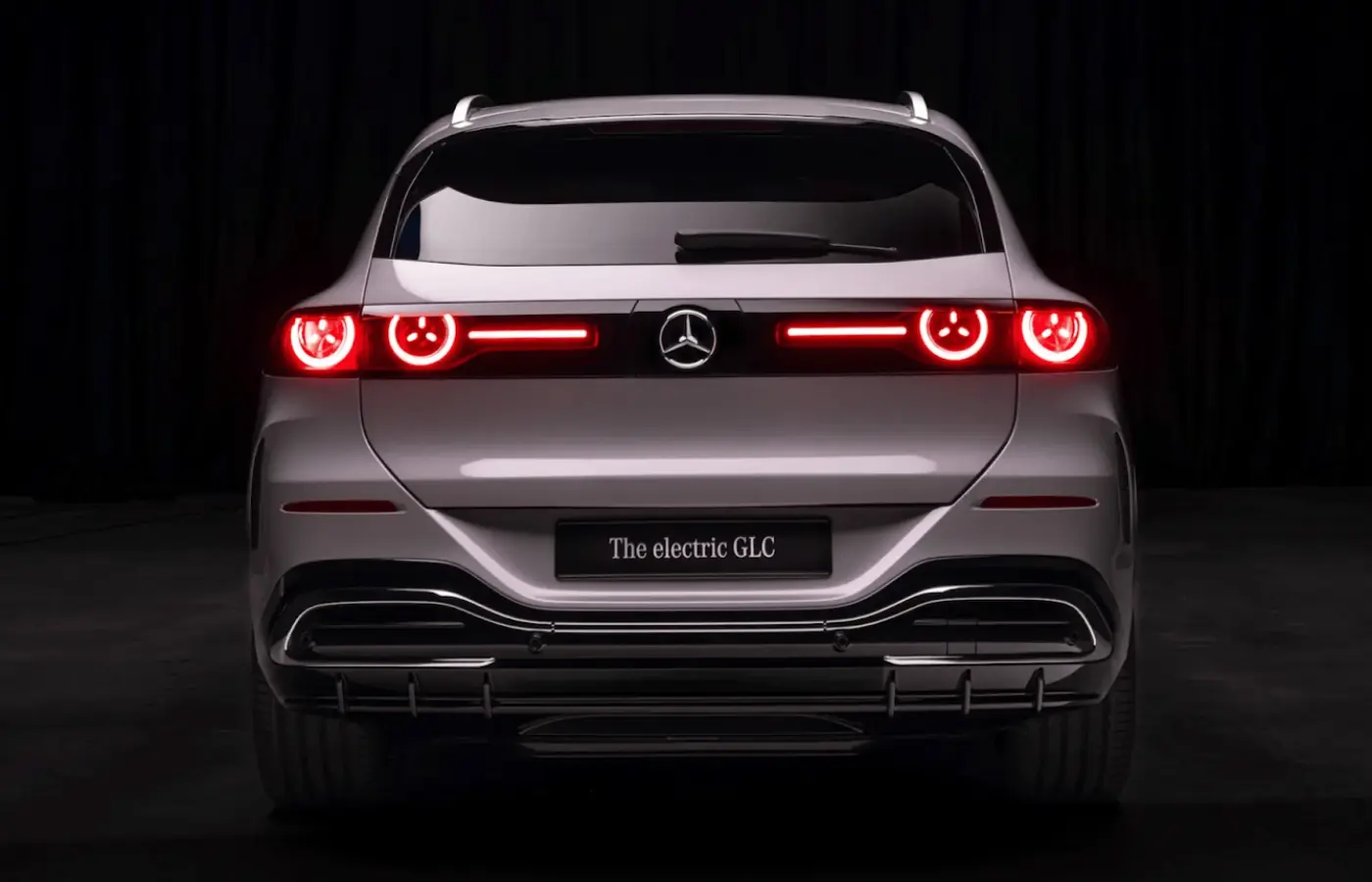Delhi Policy 2.0 will provide women with subsidies of up to Rs 36,000 for purchasing electric two-wheelers, Policy Explained.
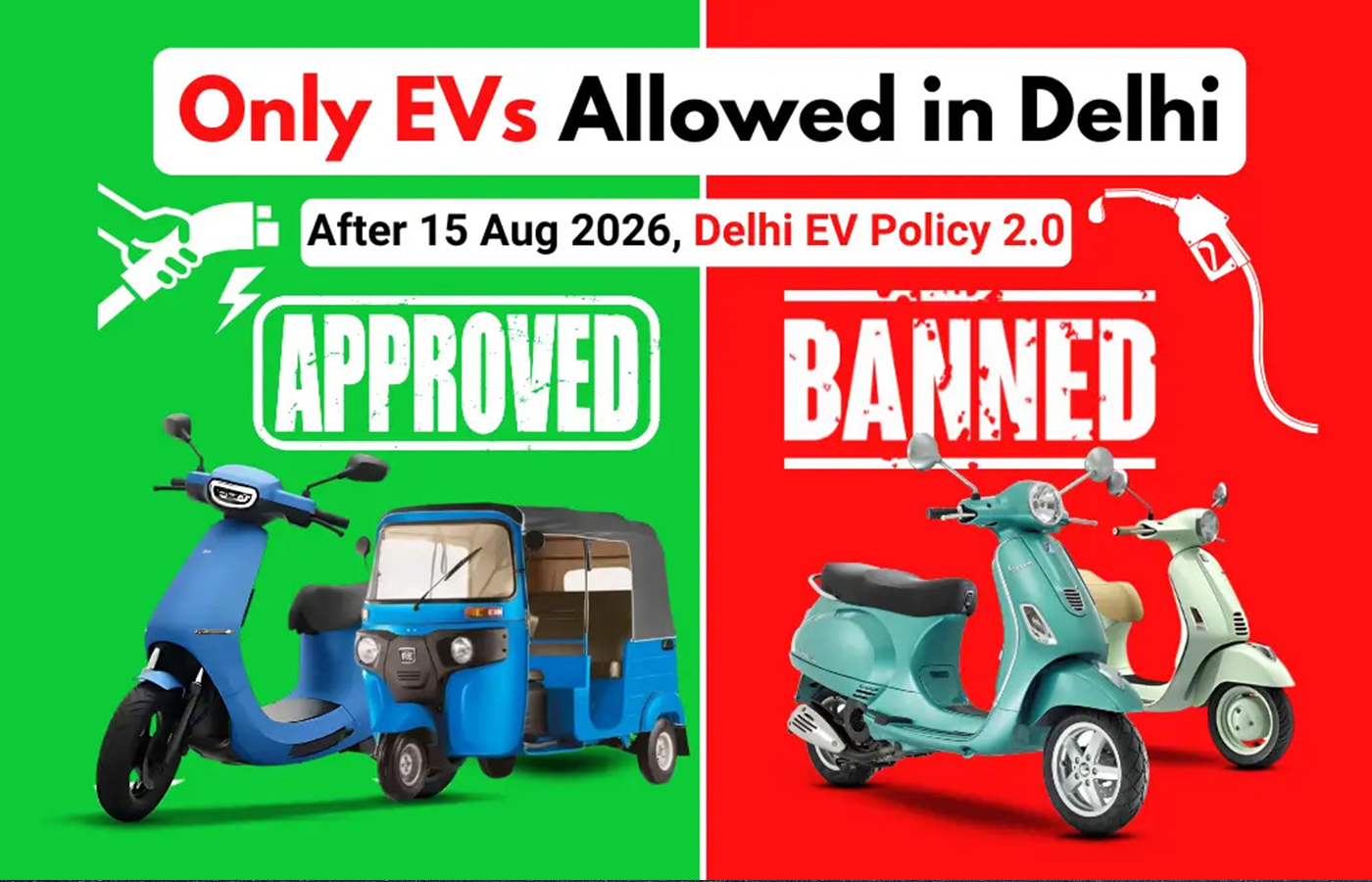
The Delhi government has drafted the Delhi EV Policy 2.0, which will be implemented soon. Once it comes into effect, it will replace the old Delhi policy, which was an important decision in shaping the mobility of EVs in Delhi.
To address the degrading air quality problems, the new policy is aiming for 95% EV penetration by 2027 and will be generating more than 20,000 jobs in the electric sector. Under this policy, the government is also encouraging the use of electric scooters by offering up to Rs 36,000 subsidy to the women customers buying electric scooters.
According to the various sources, the final draft version of Delhi EV Policy 2.0 states this offer to benefit first 10,000 women customers buying electric two wheelers, having a valid driving license. They will be getting a purchase incentive of Rs 12,000 per kilowatt-hour (kWh0, which is equal to Rs 36,000 off on electric scooters).
This new policy will also help in phasing out old CNG vehicles such as auto rickshaws, taxis and light commercial vehicles in order to fulfill this target. Some of the highlights of the EV Policy 2.0 are
- 95% of all new vehicles to be EVs by 2027.
- CNG commercial vehicles to be banned and replaced with EVs
- By the end of the year, 90% of the CNG buses will be taken out of service.
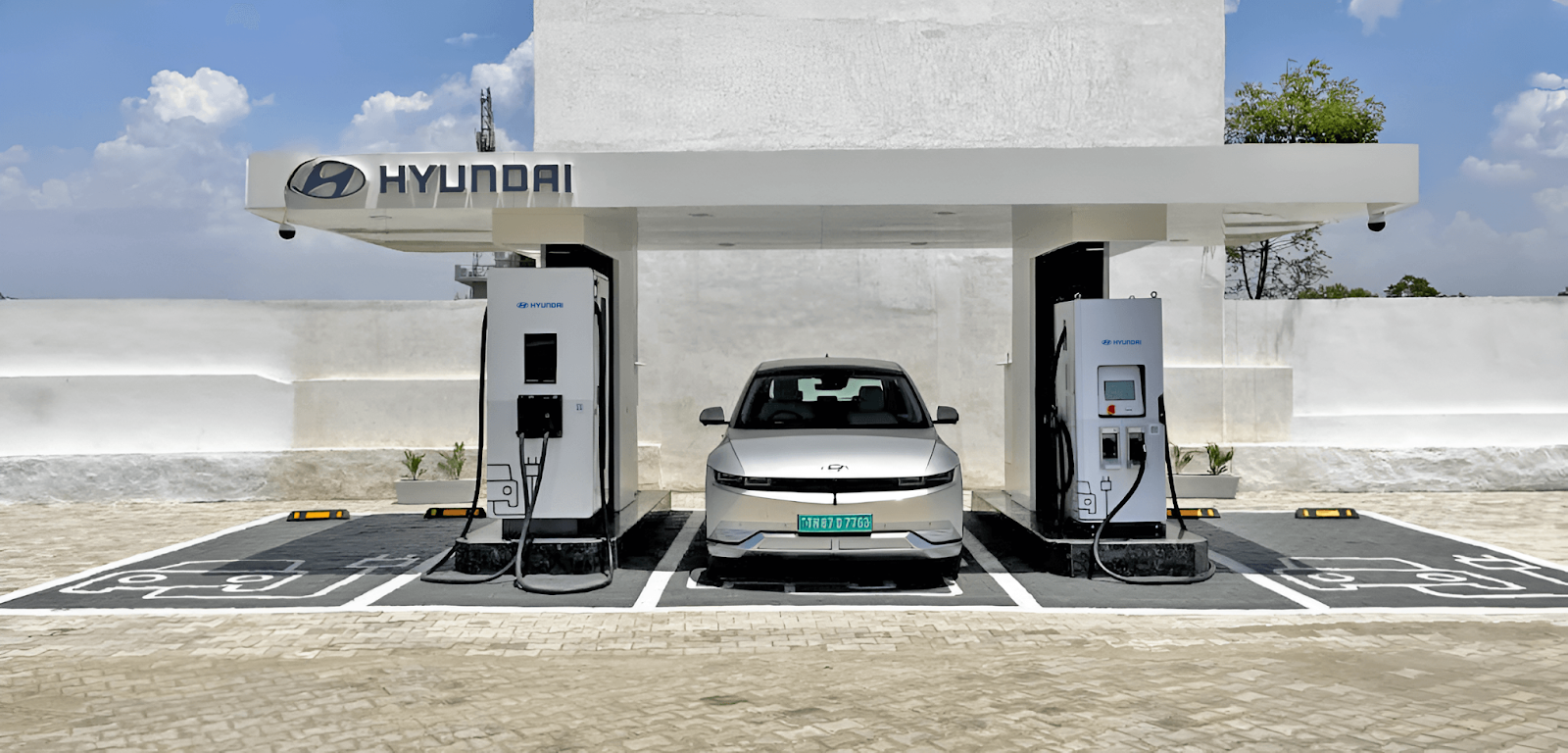
Understanding Delhi EV Policy 2.0
The new EV Policy 2.0 aims to establish Delhi as the leader in EV adoption. It is estimated that over 3 lakh EVs are registered in Delhi, supported by 4,793 charging points, a number which the policy aims to expand to 18,000 charging points by 2026.
Passenger Vehicles & Two-Wheelers: The policy is planning to achieve this by increasing the installation of EV Charging Stations in new buildings as well as providing various subsidies to promote private setups. Along with that, the policy also aims to integrate fast charging stations across major roads. More than 13,200 charging stations will be installed throughout the city.
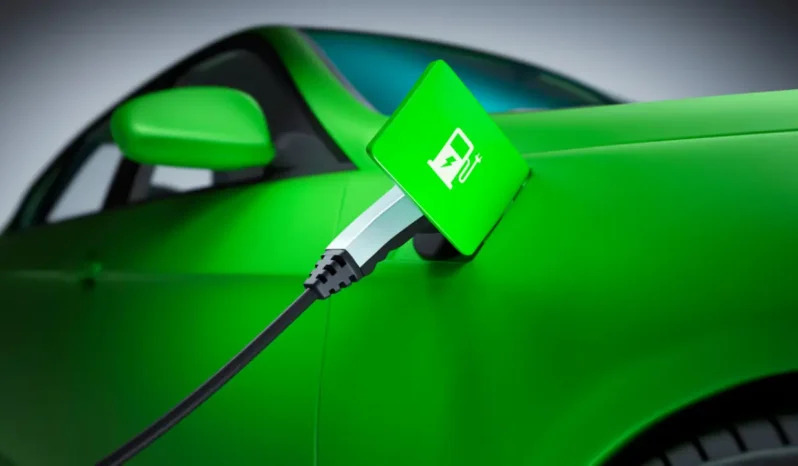
Commercial Vehicles: The new EV policy 2.0 is also specifically focussing on eradicating commercial vehicles which are major contributors in producing carbon emissions. The updated electric vehicle policy aims to boost the number of e-buses from 2,000 to 8,000 by the year 2026.
The policy aims to achieve this by eradicating 90% of the CNG-powered buses by the end of 2025, in order to generate demand for e-buses which will replace these old CNG buses responsible for pollution in Delhi.
In addition, The new policy will also help in phasing out other CNG commercial vehicles such as autorickhaws, taxis and light commercial vehicles, by providing various incentives in order to replace them with EVs. The policy also includes providing purchase incentives for two and three-wheelers that are important for the city's overall transportation.
The new EV policy 2.0 is expected to be implemented in April 2025 and will be focussing on fast-track transition towards EVs, and will be replacing the 2020 EV policy, which set out the target for 25% EV adoption.
However, the earlier target was not achieved, but by late 2024, it is estimated that nearly 20% vehicle registrations were EVs, which is responsible due to the subsidies, policies, tax waivers and government support.
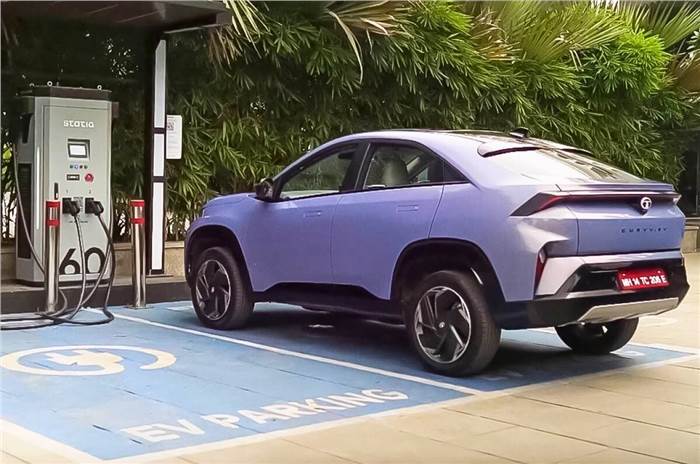
How will the EV Policy 2.0 impact you?
The policy is still not implemented, so it is yet to clarify its effect on private vehicle owners, but more details are expected once the policy gets implemented in April 2025.
This policy could provide a boost to EV manufacturers like Tata Motors and Mahindra, along with other global EV players who are coming to establish themselves in the EV sector, and could witness an increase in the demand of EVs through the policy’s potential impact.

.webp)

